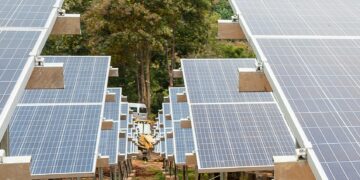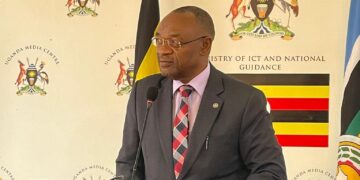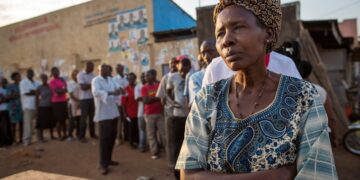OPINION
The Ministry of energy and Mineral Development (MEMD) recently unveiled the Energy Transition Plan (ETP) 2023, a forward-looking blueprint to modernize Uganda’s energy landscape. The plan aims to diversify the energy mix, achieve universal access to electricity and clean cooking by 2030, and mitigate emissions while driving economic growth. However, the plan’s oversight regarding gender and energy poverty issues presents a significant challenge, particularly for women in Uganda.
A major concern with the ETP is its lack of a clear strategy to address disparities in energy access between men and women, including female-headed households. This absence of gender-sensitive targets undermines efforts to ensure equitable access to electricity and clean cooking solutions, disproportionately affecting women and youth who often bear the brunt of economic poverty, climate impacts, and health challenges.
Moreover, the plan fails to prioritize women’s economic empowerment through energy access and entrepreneurship. Women play a central role in energy systems through both subsistence and productive tasks, yet they are disproportionately impacted by energy shortages. The ETP does not demonstrate how clean energy will be leveraged to empower women economically, leaving a critical gap in its strategy.
Another issue is the plan’s focus on national grid expansion and large solar home systems by 2050, which overlooks smaller, affordable off-grid solutions that are crucial for rural women. With women more likely to face income poverty, this emphasis risks excluding the most vulnerable populations from accessing clean energy. Affordable, decentralized energy alternatives must be prioritized to ensure that women and female-headed households are not left behind.
Gender-sensitive measures in the ETP could transform women’s lives by providing access to renewable energy, creating employment opportunities in the energy sector, and fostering entrepreneurship through small-scale businesses. Additionally, such measures would help women mitigate climate change impacts and address health issues linked to reliance on firewood and other polluting energy sources.
To ensure equitable progress, the MEMD must revisit the Energy Transition Plan 2023 to integrate gender-focused strategies. Addressing energy access disparities and prioritizing women’s empowerment through clean energy will not only advance gender equality but also strengthen the country’s overall energy transition.
Writer is:Kato Paul – Research Associate and Environmental Activist







































